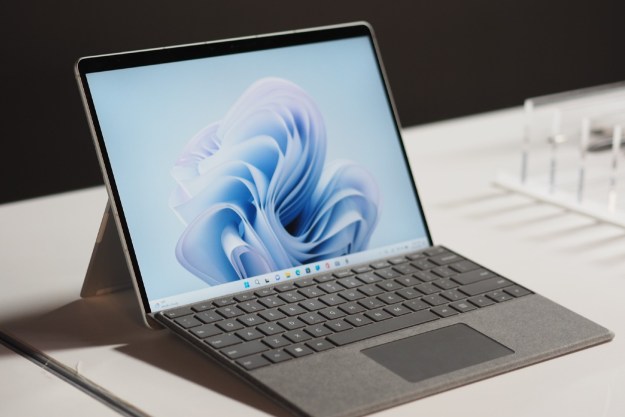
It is possible that Microsoft’s next system update might not be named Windows 12 after all, but rather a major overhaul of Windows 11 with extensive AI integration.
According to Windows Central, Microsoft is expected to ship a “version 24H2” system later this year, which will succeed the version 23H2 of Windows 11 that was released last year. Many rumors have assumed the next Windows version would be a number upgrade due to the expected heavy AI influence. However, at this point, it seems more likely the current Windows 11 system sequence will continue, especially since chief product officer Panos Panay left the company, the publication added.
The system update has been referred to by many codenames, including Hudson Valley and Germanium, for the platform release that will go to OEMs earlier for hardware development before the general release. Microsoft is expected to make the Germanium platform release available to manufacturers in April. While the full system won’t be ready for current Windows 11 users to update PCs until at least September, AI PCs with version 24H2 installed are set to be announced around June.
Certain reports have suggested that Microsoft might have strict RAM and NPU standards for AI PCs running the next Windows system, but it is unclear how it would affect upgrades. However, Windows Central noted that Microsoft will use the “OS swap” method for installing version 24H2, which fully replaces an old system version with a new OS. The update style can only be executed when the platform sequence remains the same, the publication added. In comparison, the prior 23H2 was updated with edits to the already installed system.
Once available, version 24H2 is set to bring a host of new features to the Windows ecosystem beyond the AI. Many other updates include performance, security, UX, and quality-of-life, which Microsoft has been testing in its Insider Canary Channel for some time. While not all of these features will make it to the final release of the system, this is just a taste of what Microsoft has been working on for its next release.
- Copilot updates, moving of Copilot button.
- Dedicated “Copilot in Windows” placement in Settings app.
- Updates to Snap Layouts.
- Updates to File Explorer app with 7zip and TAR file creation.
- Support for PNG viewing and editing metadata.
- Updates to Quick Settings panel on the Windows taskbar with pagination.
- A new refresh button on the Wi-Fi list in the Quick Settings.
- Improved performance of the Quick Settings panel.
Microsoft also seems to have a lot of general housekeeping it plans to do in version 24H2, including clearing out various legacy applications, such as Cortana, Mail, Calendar, Maps, People, and Movies & TV. The rich text application WordPad will notably be removed in a future update.
Many other features and tweaks are coming to version 24H2, regardless of its naming sequence, and more information is likely to come out as we get closer.
Editors' Recommendations
- Windows 11 might nag you about AI requirements soon
- Windows 11 24H2 or Windows 12? Here’s what’s coming soon
- 7 beloved Windows apps that Microsoft has killed over the years
- A beloved Windows app is being axed after 28 years
- How to use cut, copy, and paste keyboard shortcuts in Windows




